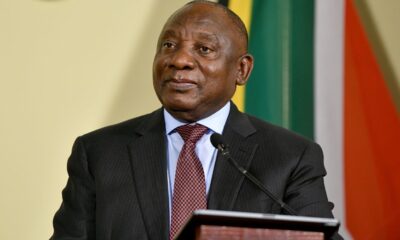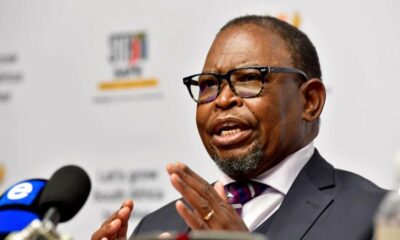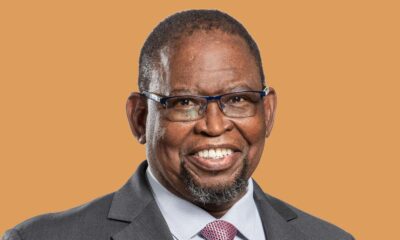Business
South Africa’s Economic Reform Push: 10% Complete, but the Hard Work Lies Ahead

A new scorecard on South Africa’s economic reforms has revealed a cautiously optimistic picture: just 10% of the country’s targeted measures to boost growth have been fully implemented over the past 18 months.
The Reform Momentum Indicator, developed by research firm Krutham for Business Leadership South Africa (BLSA), shows that 26 out of roughly 240 priority reforms are complete. For BLSA CEO Busi Mavuso, this is no small feat.
“We were deliberate and intentional,” she told a Johannesburg briefing. “To see a step change in our economy, reforms are not optional — they are essential.”
The bigger picture: A decade of stagnation
South Africa’s economy has been crawling at less than 1% growth annually for more than 10 years. Corruption scandals, ageing infrastructure, unreliable power supply and chronic logistics bottlenecks have all played their part.
President Cyril Ramaphosa has previously estimated that the country needs R1.6 trillion in public-sector infrastructure investment and R3.2 trillion from the private sector by 2030 to turn things around.
Operation Vulindlela — a presidency-led reform unit launched in 2020 — is meant to be the catalyst. Phase Two, announced in May, now also targets municipal overhauls, digital adoption, and dismantling apartheid-era spatial planning.
Progress you can see — and where we’re still stuck
The tracker highlights some genuine wins, including movement in easing energy and logistics constraints. Deputy Finance Minister Ashor Sarupen believes the tool will “strengthen the culture of delivery” in government.
But BLSA warns of major roadblocks. The appetite for renewable energy investment is strong, but the grid simply cannot carry it — at least not yet. To fix this, South Africa needs 14,000 kilometres of new transmission lines. The National Transmission Company SA plans to spend R112 billion over the next five years to connect up to 30 gigawatts of generation capacity.
Transport reforms are even trickier. Despite institutional progress, operational failures — from broken rail networks to congested ports — continue to choke exports and stunt economic recovery.
Why this matters
Reforms are not just about ticking boxes. They are about creating the conditions for jobs, investment, and a stronger rand. Without them, South Africa risks being stuck in a cycle where economic recovery is always “coming soon” but never arriving.
The 10% milestone is worth acknowledging — but with 90% of the journey ahead, the real test will be whether momentum can be maintained, and political will stays intact.
Source:Money Web
Follow Joburg ETC on Facebook, Twitter , TikTok and Instagram
For more News in Johannesburg, visit joburgetc.com



























